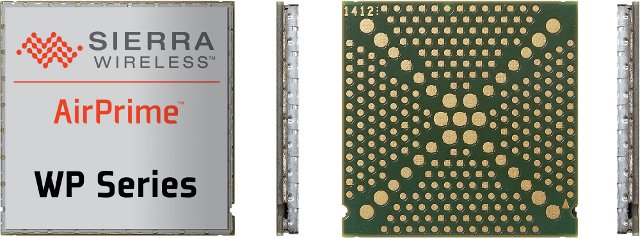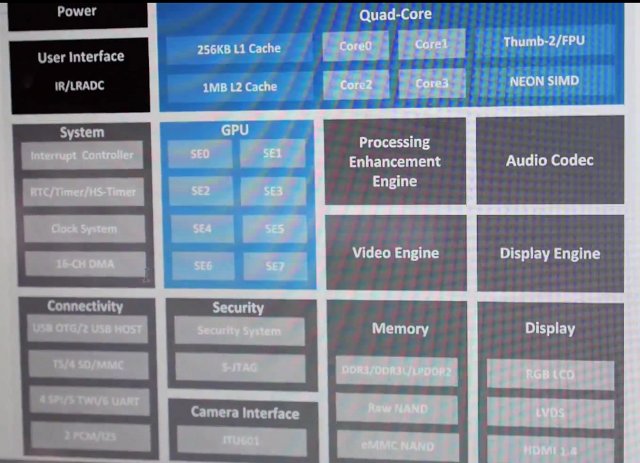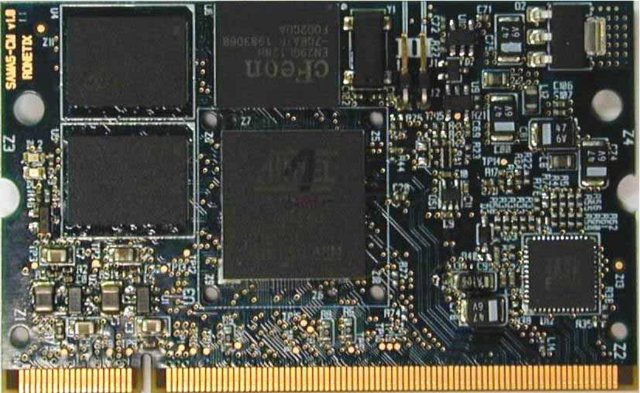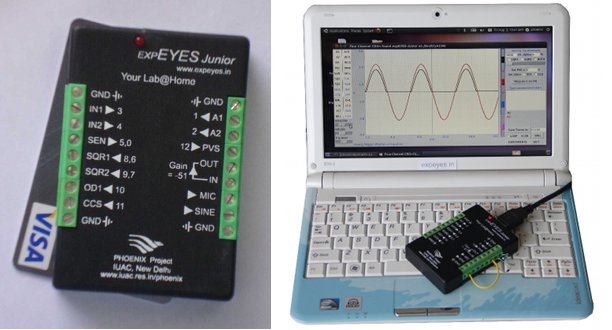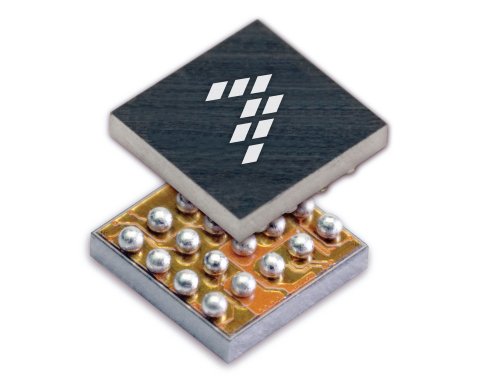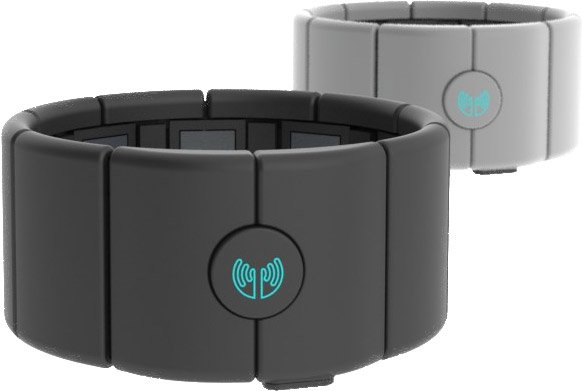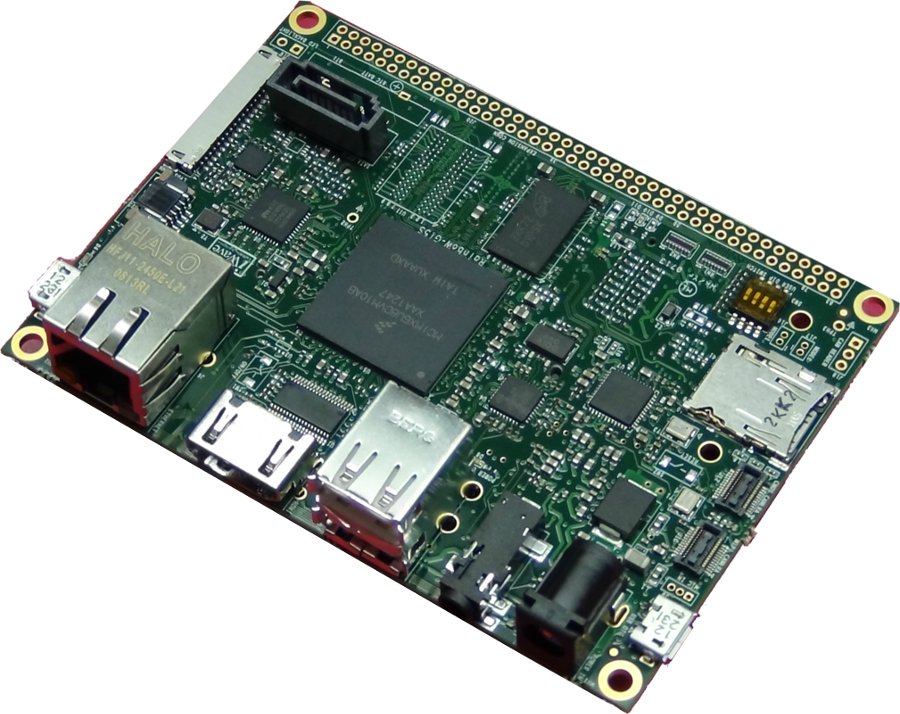Sierra Wireless, a company providing machine-to-machine (M2M) solutions, has recently introduced a new (nameless) architecture for embedded wireless communications comprised of a multicore (again, nameless) “high speed application processor” + Cortex M0 MCU + Radio SoC, secure cloud services (AirVantage) to store the data, and an open application framework with M2M libraries and development tools. This new architecture will be available in the company’s AirPrime WP & AR Series wireless modules to provide 2G to 4G technologies for the Internet of things. WP Series are industrial grade modules to be embedded into applications such as smart metering, remote monitoring, transportation, security systems, networking, and healthcare, whereas AR series will be used for automotive applications. The 2G versions will feature an M2M system-on-a-chip with a advanced tri-core architecture that includes a 2G EDGE modem, a Cortex A5 ARM application processor, and an ARM Cortex-M0 processor to enable ultra-low power operation. The […]
AllWinner Announces A31s Processor for Phablets, Hints about Ubuntu Devices
AllWinner is currently a Mobile World Congress 2013, and Charbax had the chance to interview Eva, manager at AllWinner, and learn more about new processors, and future plans by the company. They spent some time discussing about AllWinner A31 and AllWinner A20 quad and dual Cortex A7 processors, but since we’ve know about those for a while I’ll skip this part. The most interesting part is about AllWinner A31s, a cost down version of A31, specifically designed for phablets (smartphones with 5″ to 7″ screens). Like AllWinner A31, AllWinner A31s is also a quad core Cortex A7 processor with PowerVR SGX544MP2 GPU (8 shader engines) and the following specifications: CPU – ARM Cortex-A7 Quad-Core with 256KB L1-Cache/1MB L2-Cache GPU – POWERVR SGX 544MP2 with 8 logic cores. OpenGL ES2.0, Open CL1.x and DX 9_3 compliant. Memory 32-bit Dual-Channel LPDDR2/DDR3/DDR3L Controller, 8-bit NAND FLASH Controller with 64-bit ECC Video UHD H.264 […]
Ronetix SAMA5D3x-CM System-on-Modules Powered by Atmel SAMA5D3 eMPUs
Earlier this month, Atmel launched SAMA5D3 Cortex A5 embedded processor family, and Ronetix recently unveiled CPU modules based on the platform. SAMA5D3x-CM are SODIMM SoM based on SAMA5D3 series processor with 512MB DDR2, 256MB NAND Flash, 4MB SPI Flash, and Gigabit Ethernet. The key features of the modules are as follows: MCU – AT91SAMA5D3x series, 536 MHz ARM Cortex-A5 @ 1.2V (SAMA5D31, SAMA5D33, SAMA5D34 or SAMA5D35) System Memory – 512 MB DDR2 SDRAM, 32-bit Storage: 256 MB NAND Flash 16 MB NOR Flash (optional) 4 MiB Atmel SPI Flash One Wire 1024-bits EEPROM and 64-bits ROM Connectivity – 10/100/1000 MBit/s Ethernet Dimensions – 67.6x40mm (SO-DIMM 200 JEDEC MO-274 module) Temperature range – 0° +70°C or -40° to +85° C SAMA5D3-CM boards support Linux 3.6.9 and Android 4.0. Those are actually the modules used in Atmel SAMA5D3 evaluation kits, so Linux and Android support, starter kits, as well as documentation (except […]
$35 expEYES Junior Transforms the Raspberry Pi, Aakash2 Tablet or any Linux Powered Device into an Electronics Lab
I remember in high school in France, our class only had 2 oscilloscopes and few other electronics equipment, needless to say I did not actually get to use an oscilloscope until I went to university. It would have been nice to be able to play around with oscilloscopes, frequency generators, etc… earlier, but due to budget constraints, this was not possible. Dr Ajith Kumar, a scientist working with the Inter University Accelerator Centre of India, has spent several years working on an ultra low cost electronics lab composed of an oscilloscope and a signal generator to provide students attending schools that cannot afford regular equipments. This learning & experimentation tool is called expEYES, and a prototype was demonstrated last year with the Raspberry Pi. At the end of last year, the final version called expEYES Junior (aka expEYES 2.0) was announced, and is now available to schools and hobbyists in […]
Freescale Unveils Kinetis KL02, an Ultra Small (1.9×2.0mm) ARM Cortex M0+ Microcontroller
Freescale Semiconductor introduced the Kinetis KL02, the world’s smallest ARM MCU, at Embedded World 2013. KL02 is an ARM Cortex M0+ micro-controller designed to address the miniaturization needs of the Internet of things, and its size (1.9×2.0mm) makes it suitable for applications such as ingestible healthcare sensing, portable consumer devices, remote sensing nodes, and wearable devices. Kinetis KL02 MCU features include: 48 MHz ARM Cortex-M0+ core, 1.71-3.6V operation Bit manipulation engine for faster, more code-efficient handling of peripheral registers 32 KB flash memory, 4 KB RAM High-speed 12-bit analog-to-digital converter High-speed analog comparator Low-power UART, SPI, 2x IICI2C Powerful timers for a broad range of applications including motor control Power Efficiency – 15.9 CM/mA (Coremark 1.0) -40 °C to +85 °C operation The MCU is manufactured using chip-scale package (CSP) technology that allows to connect the die directly to the solder ball interconnects and, in turn, to the printed […]
May the Force be with You Thanks to Thalmic Labs MYO Gesture Control Armband
If you’ve always dreamed of being able to control objects just by thinking about it, you may be interested in MYO, a gesture control armband that is supposed to “unleash your inner Jedi” by monitoring electrical activity in your forearm muscles, and converting that into input commands transmitted wirelessly to the object to control. This can be used to control a quadcopter, or more simply your computer, smartphone, tablet, television, etc.. There are not many details about the technology behind it, but we do know it’s using Bluetooth 4.0 to communicate with peripheral, comes with a lithium ion battery, and will be powered by an ARM processor. It will support Windows and Mac computers, as well as Android and iOS devices initially. The company will provide an “MYO API” to let developers come with new concepts and products, the device will be available sometimes in 2013, and you can pre-order […]
mbed 2.0 SDK Released, becomes Open Source and Supports $12.95 Freescale Freedom Board
The mbed community has had a pretty busy week, with first the announcement that mbed SDK would become open source, the release of mbed 2.0, and finally support for the low cost Freescale Freedom board FRDM-KL25Zpowered by Kinetis Cortex M0+ KL25Z MCU. mbed becomes open source The mbed Software Development Kit (SDK), a C/C++ MCU software platform, has always been free (as in free beer) for both commercial and noncommercial use, and the large community around mbed has written tons of code for ARM microcontrollers. But now that the SDK has now a stable API, and the developers achieved transparent portability for code based on the SDK across multiple controllers and multiple toolchains, they decided to release the SDK source under an Apache 2.0 license. Although sharing modifications is encouraged, this license allows users to keep the changes closed if they wish to do so. mbed developers explain that the 3 […]
iWave Systems Announces RainboW-G15S Pico ITX Board Powered by Freescale i.MX6 Duallite/Solo Processor
iWave Systems has just launched the RainboW-G15S, a Pico ITX single board computer featuring Freescale i.MX 6 Solo and Dual Lite processor at Embedded World 2013, in Nuremberg, Germany. This embedded board targets intelligent industrial control systems, industrial human machine interface, ultra portable devices, home energy management systems, and portable medical devices. RainboW-GS15 Specifications: SoC – Freescale i.MX6 Dual Lite/Solo, (Quad /Dual compatible) System Memory – 512MB DDR3 (Expandable up to 2GB) Storage – On-board Micro SD slot, standard SD/SDIO slot, optional eMMC support, and an optional SATA 7-pin connector (Probably just to make the board pretty since i.MX6 Solo and Duallite do not support SATA…) Connectivity – 10/100/1000Mbps Ethernet USB – 2x USB Host Connector + micro USB OTG connector Misc – Half mini PCIe card connector, CAN Header Audio & Video interfaces: AC97 Audio Codec with Audio Out Jack & Audio In Header HDMI Port LVDS connector with […]


